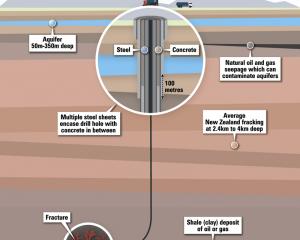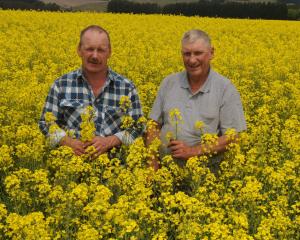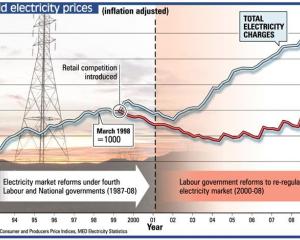Australia is sitting on an "inexhaustible" source of energy, scientists say - and they're not talking about coal.
"Hot rocks" energy is being touted as the latest solution to climate change.
Australia's first hot rocks power station moved a step closer today as the federal government launched a $50 million ($NZ61.69) fund to commercialise the technology.
Resources Minister Martin Ferguson said Australia's first hot rocks power plant could be built within four years.
"The potential of the geothermal industry in Australia is truly staggering," he said.
Geothermal technology works by pumping water deep below the earth's surface, to areas which generate plenty of heat.
The water converts to steam and shoots back up to the surface, where it is used to make electricity.
Mr Ferguson said one percent of Australia's geothermal energy would provide enough electricity to meet the country's power needs 26,000 times over.
He said the $50 million fund would be carved up into grants of up to $7 million, to go towards the high cost of drilling deep wells and to finance companies wanting to prove the technology.
The federal government did not fund geothermal energy in this year's budget, but in June Mr Ferguson backflipped and found $50 million.
Barry Goldstein, chairman of the Australian Geothermal Energy Group, said some US scientists believed hot rocks would be cheaper than coal in 10 years' time.
"Geothermal energy will become competitive with fossil fuel," Mr Goldstein told AAP.
"With geothermal energy, the fuel is free." Mr Goldstein said Australia was well placed to tap into hot rocks, because it had the right type of rocks and they were not too far beneath the earth's surface.
"For practical purposes it's inexhaustible," he said.
Mr Goldstein conceded there were challenges in developing hot rocks as a new energy source in Australia.
Digging the very deep wells required - kilometres deep - could be too expensive.
And the best geothermal resources might be located too far from electricity markets, creating a transmission problem.
However, Mr Goldstein was optimistic, saying Australia's first demonstration plant should be built within a year and a commercial-size plant could be ready by 2015.





